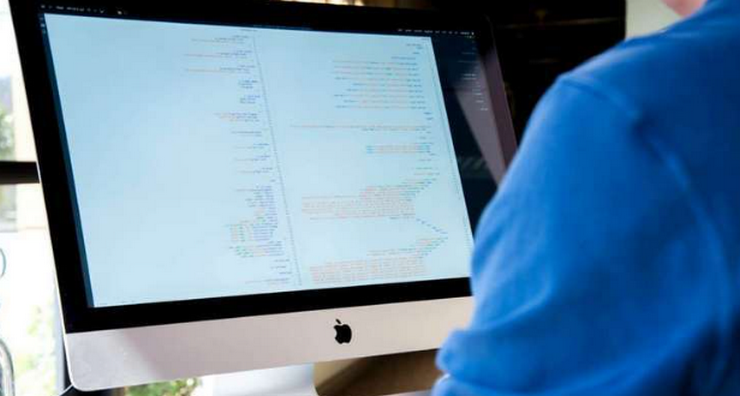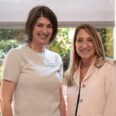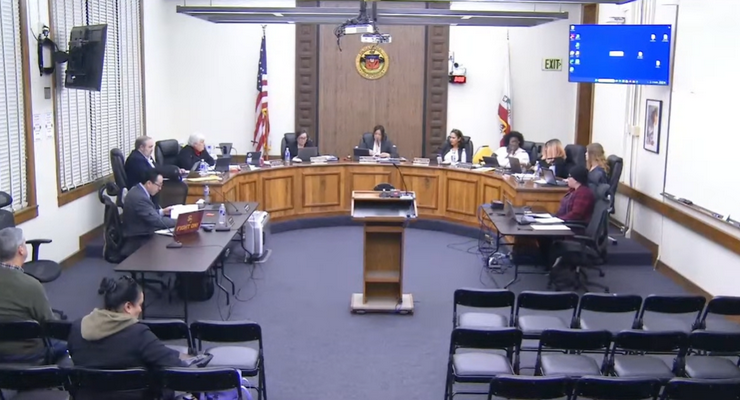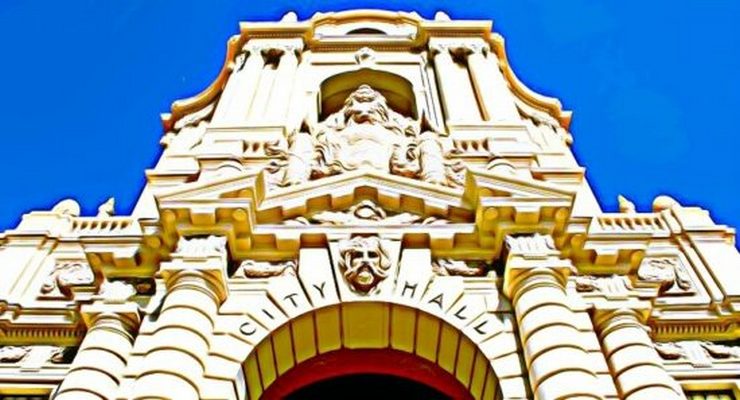
Linux is the best-known and most-used open source operating system in the world. Unlike regular operating systems, an open source software is code that is designed to be publicly accessible—anyone can see, modify, and distribute the code as they see fit.
Given its flexibility and ease of modification, institutions like Pasadena’s Jet Propulsion Laboratory use Linux widely. One of its most recent applications is NASA’s Ingenuity drone on Mars, which was powered by Linux.
“When a 1.8kg drone successfully lifted 3 meters from Mars’ dusty surface for less than a minute, it wasn’t simply another small step for humanity exploring the universe: it was also a giant leap for open-source software. For this tiny drone is powered by Linux,” reported PC PRO, an IT monthly magazine.
A local Linux user group, one of the oldest and most active in the LA area, will be in Pasadena on Thursday to discuss open source projects developed by NASA and JPL.
“In 2016, NASA/JPL created an Open Source Programs Office, managed by long-time open source advocate Dr. Chris Mattmann, which centralized the Lab’s authority for software release and open source within the IT department.”
“This streamlined the open source release process and enabled the promotion of open source tools and models at NASA/JPL. NASA is also pushing initiatives for open science and open source,” according to the San Gabriel Valley Linux User Group (SGVLUG), which will be in Pasadena as part of Connect Week 2022.
The San Gabriel Valley Linux User Group (SGVLUG), one of the oldest and most active Linux User Groups in the Greater Los Angeles area, was founded in Altadena on November 11, 1995, and has regularly met in the Pasadena area for over 25 years.
An agenda posted on the ConnectWeek website showed some of the talks during on Thursday, Oct. 13, will feature NASA JPL staff talking about JPL’s open source projects.
They include Michael Starch, Big Data researcher and flight software engineer for small scale satellite, sharing his work on the F’ open source software framework that was used on various CubeSats and Mars Helicopter; Lini Mestar, Data Scientist, along with interns Victor Jimenez and Jack Cheng, who will talk about the current work they’re doing with the Open Source Rover at JPL; and Lan Dang, Operations Engineer specializing in science data systems operations and large scale data, who will be soliciting advice and interest in restarting work on the SGVHAK Rover.
SGVHAK was built by the members of the San Gabriel Valley Hardware Hackers Group using pre-beta instructions for JPL’s open source rover that was recently released to the public. The rover is still under development with changes such as new control software and the ability to swap out parts without software changes.
NASA’s groundbreaking open data policy provides unrestricted access to more than 75 petabytes of Earth science data in NASA’s Earth Observing System Data and Information System (EOSDIS) collection. With its Earth Science Data Systems Program, NASA ensures that these data are fully available to any user for any purpose, and promotes and facilitates the open sharing of all metadata, documentation, models, images, and research results along with the source code used to generate, manipulate, and analyze these data.
For NASA, open science is a collaborative culture enabled by technology that empowers the open sharing of data, information, and knowledge within the scientific community and the wider public to accelerate scientific research and understanding.
A system based on open science aims to make the scientific process as transparent as possible by making all elements of a claimed discovery readily accessible, which enables results to be repeated and validated.
The SGVLUG event on Thursday will warm up starting at 7 p.m. with an update on the Southern California Linux Expo that will be in Pasadena in March 2023, and instructions on how you can contribute by volunteering or submitting to the Call for Papers. After the talks by Starch, Mestar and Dang, the session will break up into individual discussions, before wrapping up by 8:45 p.m.
“The talks will be brief, so you’ll have a chance to talk one on one and learn more about each project and where you can contribute,” SGVLUG said.
To save your spot on the SGVLUG forum, visit www.connectpasadena.com/event/rovers-and-f-prime-and-scale.
To learn more about NASA JPL’s open source project, visit www.earthdata.nasa.gov.


















